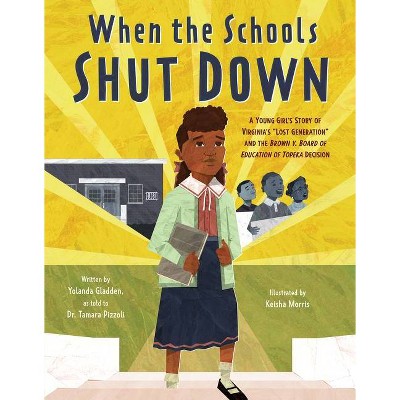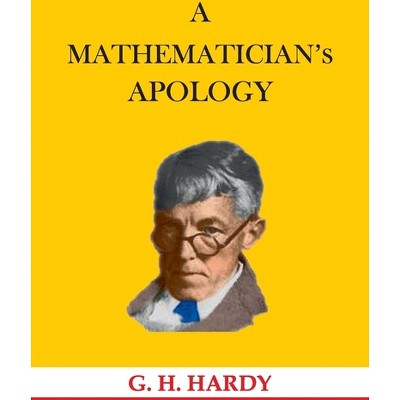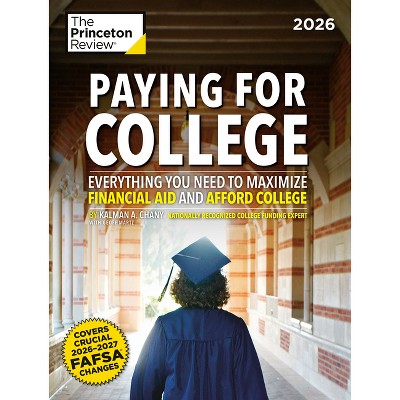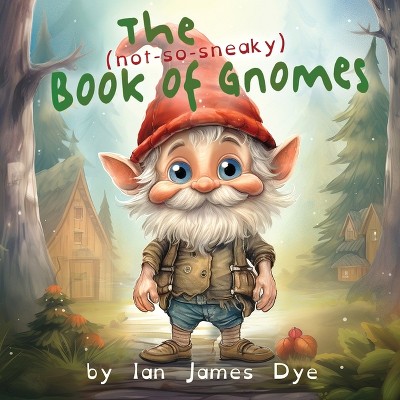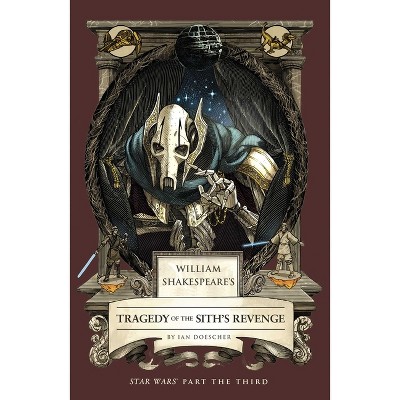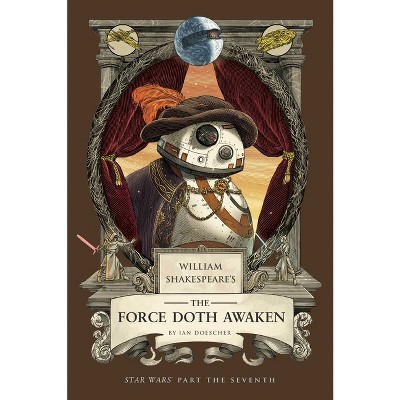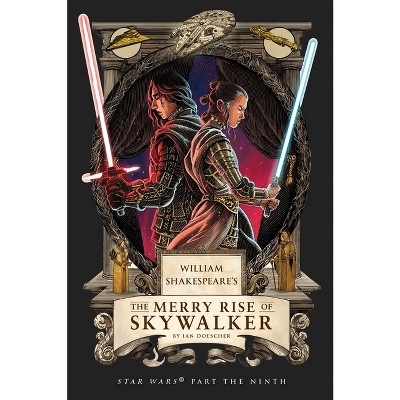Sponsored

The University Unfettered - by Ian F McNeely
In Stock
Sponsored
About this item
Highlights
- The public university as we once knew it is gone and never coming back.
- About the Author: Ian F. McNeely is professor of history and senior associate dean for undergraduate education at the University of North Carolina at Chapel Hill.
- 344 Pages
- Education, Higher
Description
About the Book
An unparalleled account of how a typical public university really works, this book makes a timely and distinctive case for the nonelite institutions that educate the vast majority of America's college students.Book Synopsis
The public university as we once knew it is gone and never coming back. After generations of fickle state support, public universities behave more and more like their private counterparts--charging what the market will bear, offering what consumers demand, competing relentlessly with peers, and managing their own priorities. But looking back on how we got here offers surprising reassurance. U.S. public universities emerged largely intact after a decade of disruption bookended by a financial crisis and a pandemic. Resisting widespread calls for corporate reinvention or "disruptive innovation," they hewed to their core missions. If anything, exposure to the rigors of competition only enhanced their longstanding commitments to the public good.
The University Unfettered tells the story of a single public research university that was a generation ahead of its peers in repositioning itself for an independent future. It answers eight fundamental questions about how any contemporary university balances competing missions--questions about how money is spent, how education and knowledge are pursued, and how decisions get made. Each chapter blends deeply informed reconstruction of strategic decisions at one university with concise analyses of the entire sector. An unparalleled account of how a typical public university really works, this book makes a timely and distinctive case for the nonelite institutions that educate the vast majority of America's college students. Rebutting critiques from both left and right, it offers a refreshingly optimistic outlook on higher education today.Review Quotes
As market forces and the pursuit of prestige push public universities to increasingly resemble their private counterparts, historian Ian McNeely takes us on a trip through the specific ways that private-sector approaches, from funding models to administrative practices, have chipped away at foundational public missions. McNeely shows that by rebalancing public investment and reinforcing the values of access and equity, public universities can still return to their roots and serve as engines of societal progress.--Holden Thorp, editor in chief, Science family of journals
Ian F. McNeely's The University Unfettered peers under the hood of a modern research university to examine how the intricate machinery operates. McNeely captures both the creative energy and sometimes damaging compromises needed for the university to ride today's cultural and regulatory currents and sustain the enterprise.--Steven Brint, University of California, Riverside
McNeely deftly interprets an exceptional period in the history of a large public research institution to engage the reader with pervasive questions about the state of higher education, from choices about budget models, learning assessments, and research rankings to the twin impacts of shared governance collaboration and entrepreneurial competition.--Elizabeth H. Simmons, executive vice chancellor, University of California, San Diego
It's hard to imagine a better guidebook through the labyrinth that is the public research university of our time. Loved, reviled, and chronically misunderstood, this institution deserves every ounce of the informed criticism and wry wit McNeely serves up in these pages. Any serious discussion of the present and future of higher education in America will be well informed by The University Unfettered.--Mitchell Stevens, Stanford University
About the Author
Ian F. McNeely is professor of history and senior associate dean for undergraduate education at the University of North Carolina at Chapel Hill. A specialist in German history and the history of knowledge, he is the author of three prior books, including Reinventing Knowledge: From Alexandria to the Internet, with Lisa Wolverton (2008).Shipping details
Return details
Frequently bought together
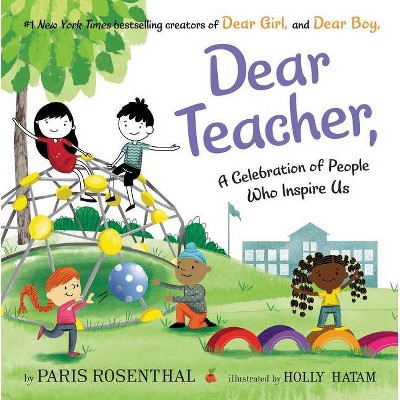
Trending Non-Fiction




